Author Spotlight
The Other Poems interview with Paul Legault
Sam Ross: Paul, your book begins with an epigraph from bpNichol:
From there the book erupts into a series of sonnet-dialogues with a host of personages, personifications, and “others”–from Whales, to Celibacy, to Mayakovsky as a Pony. Are these dialogues a means of approaching a dialogue with the self (as bpNichol suggests), mocking attempts at such a dialogue, or are the Others meant to be fragments of a unified self or whole (I’m thinking of a title of one of the Other Poems which begins: “We are made up of smaller version of ourselves stacked up on top of the smaller versions of ourselves….”). Maybe all three? Also, look at this!
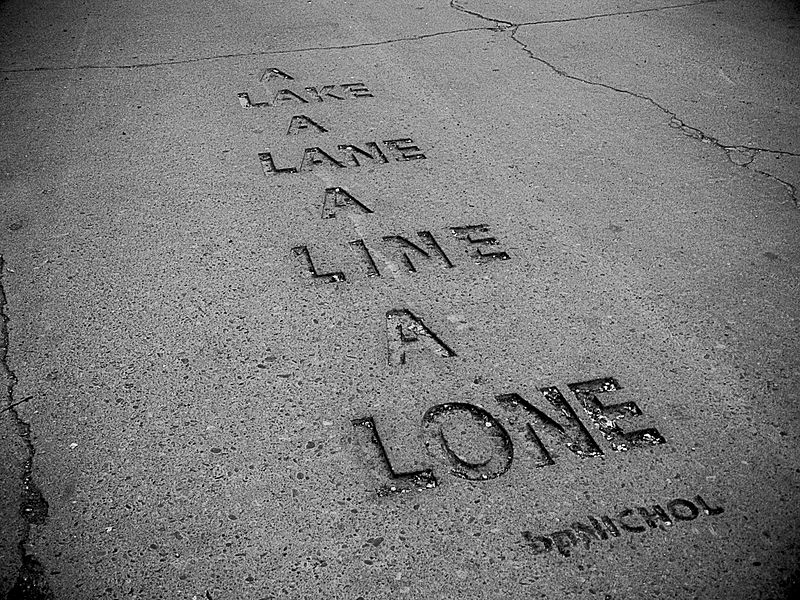
(I like this.)
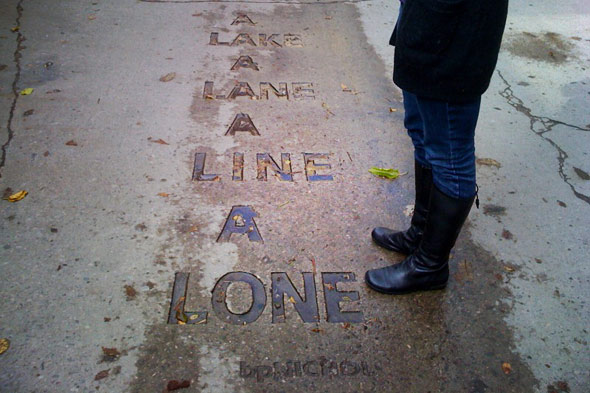
(There’s a person in this one.)
Paul Legault: I feel like everyone who writes a sonnet these days claims they didn’t mean to. I’m starting to believe them. (I didn’t mean to do it. I wrote a poem, then copied that poem’s structure. Then did that again. And around poem #4 noticed that they were fourteen-liners.) There’s something innate about it–and something ‘other’ about it as well, since it’s a form. All forms are others’ forms, except the one that isn’t, that’s you, &c, but that doesn’t exist in language anyway, which is a form, &c..
I like the similarities between ‘&c.’ and ‘& Co.’
I guess these poems are these poems & Co., because of the dialogue that brings in the company–who are other people. ‘Other’ is too easy a topic to get off topic of. Otherwise…
When I first had a manuscript of what would become The Madeleine Poems, I was really excited about calling it With. I thought that would be very Oppen of me. I’m still wooed by the title of Cid Corman’s epic: Of. There’s something about prepositions/articles/conjunctions that is so familiar and yet meaningless.
One of the best ways to explain the contemporary poetic mindset to an ‘other’ is to ask him or her to define what ‘the’ means. And to call that indefinition: beauty. And to get drunk together and do that enough that they finally agree with you. Words like ‘is’ and ‘are’ are the thing itself. The thing itself is the other. These statements are getting progressively drunker.
A lot of books have the subtitle “and other poems.” I like that. I like how familiar and meaningless it is. If you say the same word enough, it gets like that. Even that idea has been said enough times that it’s starting to become meaningless again. Enough is enough.
So, as evidenced by this rambling response, I tend towards dialogues with myself. I like how imagining Mayakovsky as a pony creates a figure that I can talk to, but if I look at him long enough that way, I notice, yeah, that’s really just me pretending to be Mayakovsky as a pony talking to myself. So I guess: all three is/are the correct/easy answer to your question. But I’m talking to myself again. I would apologize, but that’s what you’re supposed to do in an interview. But how are you doing?
Sam Ross: I’m great! I like your take on calling the Others a kind of company. I feel like there’s something company-like or system-like about these poems, each one contained with it’s own set of problems and functions (the form), while also trying to break free of the system–through dialogue, through tricky circularity, like the characters are walking around a room in the dark whispering to each other, feeling for the door and missing it. I have three questions I’d like to pursue:
- I read an interview recently with A. Minetta Gould who said: “The real Surrealism is something lived, something moment-al, and something un-abiding to the rules of reading and critiquing poetry. You can’t follow the craft of a Surrealist poem. Whether or not you dig Gould’s take on Surrealism, are the Other poems surrealist (or, if you like, Surrealist) poems?
- Talk to me about North America. Reading the O.P. (ex: CALIFORNIA, ROBERT FROST, MAINE, MISSISSIPPI, IMMIGRATION, OSHAWA, TOLEDO, NEBRASKA, your use of Spanish) I feel like I’m getting into a conversation about what it means to be North American (or, NORTH AMERICA: I’m complex!) Is that an accurate take of a prominent concern in the O.P. or am I reaching?
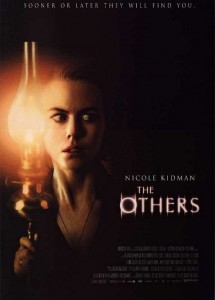 ?
?
Paul Legault:
1. Surrealism has an aggressive bent to it, doesn’t it? Or the language of its manifestos tends to. That’s why it sticks, anyway. That and Breton. And Dali. And the New York School poets.
It’s hard to remove that kind of tradition, nor would I want to. Except that the term itself points to a finite pool of people in a finite era. Saying a poet is a surrealist at this stage is about as useful as calling a poet L=A=N=G=U=A=G=E-y. It doesn’t mean much if you’re not referring to the people who made said banner mean something. The tenets of surrealism are too slippery–automation, dream-life, logical leaps? They led us here, to this conversation. But I don’t think they led the poems.
Wait, I forgot about Cocteau. I was watching a Cocteau film when I first started the project. I just remembered that. And the poem “L’Amour Fou,” stole its title from Buñuel’s use of Breton’s use of obsession. Damn it, I guess they are surrealist.
2. I still call what people typically mean by “America” the “U.S.,” instead of the other way around–it’s one of my Canadian traits (which have been dwindling since the age of ten when I moved to Tennessee.) The cultural divide between Canada and the United States is such a wash that it usually leads to cheap comedy. I did live in L.A.–which is not Mexico but should’ve been. All of N. America does go together and doesn’t make as much sense otherwise.
If this book has a regional aesthetic, it’s probably of the New York variety, though I only moved here two years ago. And if it doesn’t have one, then I suppose it is doing a small amount of work toward the mission implied by your question–to restage North America as inclusive. I think the part that’s doing that is small. Like throwing a parade instead of a rally.
3. 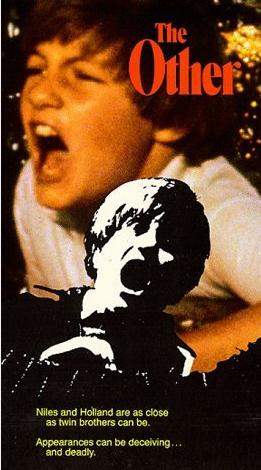
.
Sam Ross: I’d like to talk about translating. You’re volume of experimental translations of Emily Dickinson’s poems is forthcoming from McSweeney’s and you’re co-editor of Telephone, a translation-focused journal. I’m wondering if you can touch on both projects briefly before addressing whether or not you feel translation and its politics, aesthetics, difficulties, and processes informs or influences your non-translated work.
Paul Legault: I began writing those English-to-English “translations” of Dickinson when I was in a seminar class focused on her work. There was a tendency to find out what the poem meant biographically, which can lead to a very rigorous sort of engagement –though that rigor is applied to wrestling facts from the lyric (i.e., poem #1436 is about how she wants to have sex with her sister-in-law). What shakes out is the Cliff’s notes–in which meaning becomes like a plane: flat, or, depending on your perspective, potentially infinite. Which is funny. Or can be.
The ED Reader got me more interested in “translation” as a means of writing original work. I teamed up with my co-editor Sharmila Cohen to put together Telephone, which is turning into Telephone Books shortly, and have been in pursuit of experimental translation’s “politics, aesthetics, difficulties, and processes” ever since. So it seeps in.
The Other Poems is less translational than some other projects–like my ‘memory translation’ of Ashbery’s Self-Portrait in a Convex Mirror, or my project of re-piecing together Pound’s Cantos using only Carroll Terrell’s critical Companion to it. I translated Apollinaire using the same kind of talky sonnets as the ones The Other Poems is/are so obsessed with. What does that say? I don’t know. That this leads to this.
More (and more), when referring to “translation,” I think of it in quotation marks. I can’t tell if that’s useful or disorienting; the answer to that kind of either/or question is usually: “both.” There needs to be a new term to categorize the purposefully “rogue” (to use Brandon Brown’s term) translations that set out to make “original” works, rather than “faithful” reproductions. I’ve been floating around the term: ‘distranslation.’ Maybe it works.
There’s a lot more work focused on-or-around translation these days in American poetry–partially because of the obvious technologies that are making it increasingly easy for an English-speaker to browse a Brazilian bookstore online or write to a Turkish publisher; namely: Google Translate. Thanks to said advances, I’ve recently complete a translation of The Other Poems into French and Spanish, though I’m sitting on Los Otras Poemas and Les Autres Poèmes, until I’m bold enough to actually send them to a foreign publisher.
Sam Ross: Or you could pull a Christian Hawkey and leave a copy of The Other Poems in a jar of rainwater for a year and see what’s left (BOOK: I’m wet and different!).
Paul Legault: Christian’s been a good friend and resource for conversations about/around/in/with/of/through (I could include many more prepositions) translation. His Ventrakl is one of the most interesting works practicing a form of translation as original writing that’s come out in recent years, though he’s got competition–rather, friends–like Erin Moure, Jen Bervin, Anne Carson, plus. It is an act of destruction/deconstruction, isn’t it?
He’s infected me with the idea that every shift between media is an act of translation. That’s both useful and disorienting. The fact that we’re writing this interview in a shared Google doc is at issue. Though it isn’t at the stage it’s being written. Everything is, a little, and isn’t, a little, at issue.
Sam Ross: Much of what we take for granted as an immediate interaction is actually filtered or translated by a slew of media. Even conversations held in a common language (like ours, whether we’re face-to-face or not) require acts of translation–or acts of faith (which reminds me of the Jack Gilbert poem “The Forgotten Dialect of the Heart”). Do you think a good translation attempts to reconcile the differences between source material and (for lack of a better term) product or does it foreground the difficulty of the process? Are there good translations and bad ones?
Paul Legault: What Pound says: In the long run the translator is in all probability impotent to do all of the work for the linguistically lazy reader. He can show where the treasure lies, he can guide the reader in choice of what tongue is to be studied, and he can very materially assist the hurried student who has a smattering of a language and the energy to read the original text alongside the metrical gloze.
This refers to ‘interpretative translation.’ The ‘other sort,’ I mean in cases where the ‘translator’ is definitely making a new poem, falls simply in the domain of original writing, or if it does not it must be censured according to equal standards, and praised with some sort of just deduction, assessable only in the particular case.
I’m most interested in that ‘other sort.’
What Benjamin says: The task of the translator consists in finding that intended effect upon the language into which he is translating which produces in it the echo of the original.
What I say Benjamin says:
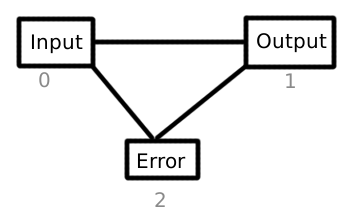
I think adaptation is solidly in the realms of translation, and that shift between media that makes something mean something is a bad one if the result is something you don’t want to read, or even think about–which is just as much a way of reading as translation is a way of writing.
* * *
Paul Legault was born in Ontario and raised in Tennessee. He holds an M.F.A. in Creative Writing from the University of Virginia and a B.F.A. in Screenwriting from the University of Southern California. He is the author of two books of poetry, The Madeleine Poems (Omnidawn, 2010) and The Other Poems (Fence Books in 2011). He co-founded and co-edits the translation press Telephone Books.
Sam Ross was born in Indiana and is a student in the M.F.A. program in poetry at Columbia University. He has a B.A. in English and Political Science from Indiana University and a Master of Science in Teaching from Pace University which he earned while teaching English in Brooklyn. His work has recently appeared in Guernica: a magazine of art & politics.
Tags: Paul Legault, Sam Ross

And and sample ‘The Other Poems’ poems: http://jjgallaher.blogspot.com/2011/09/paul-legault-other-poems.html
[…] so often seems to elude linguistic expression? We’re not composing sterile, advanced exercises. These statements are getting progressively drunker. The trick is to give the brain information that it can use in an intuitive way. Education is the […]